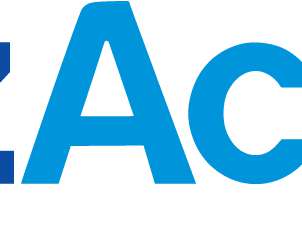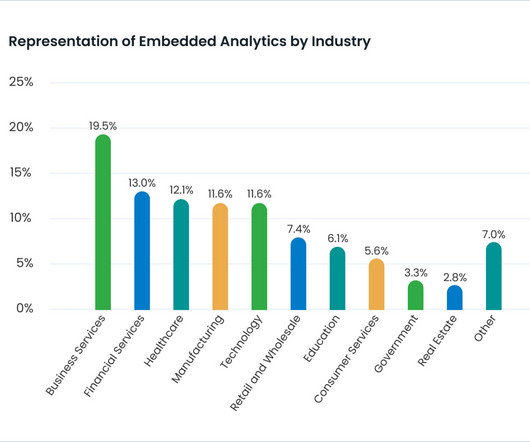What is data analytics? Analyzing and managing data for decisions
CIO Business Intelligence
JUNE 7, 2022
What are the four types of data analytics? More specifically: Descriptive analytics uses historical and current data from multiple sources to describe the present state, or a specified historical state, by identifying trends and patterns. In business analytics, this is the purview of business intelligence (BI).
















Let's personalize your content